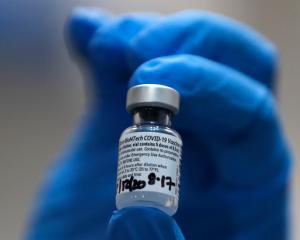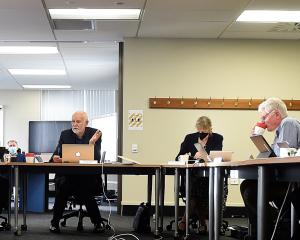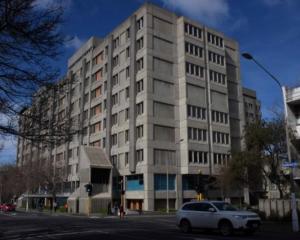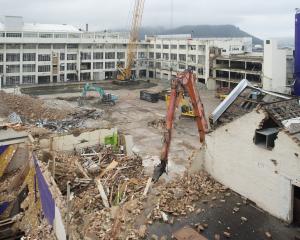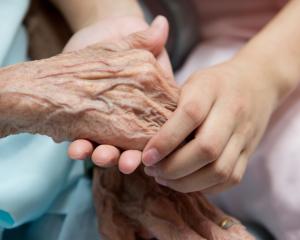The figures do not reflect reduced reporting, it also said.
The 2011-12 "serious and sentinel" report shows Southern had 30 events, 10 fewer than last year.
There were six deaths, although these were not necessarily because of the reported incident, and not all investigations have been completed.
Southern had the third highest level of 20 health boards, which in total reported 360 adverse events (including 91 deaths).
Southern's report included the case of the woman who had an unnecessary mastectomy in Dunedin. This was revealed as happening after the mixing up of two biopsy specimens. That incident, and those of a similar nature at other DHBs, led to a national inquiry into pathology procedures.
Other cases in the report released yesterday included the death of a person in Southland after CPR was not administered because staff incorrectly assumed the patient had a "not for resuscitation" order.
A tumour identified as an incidental finding on a scan was not followed up, leading to a tightening-up of procedures.
Delayed treatment of a maternity patient resulted in the woman requiring resuscitation; a maternity specific early warning score tool was being developed.
Another investigation was under way into a patient who had a serious allergic antibiotic reaction despite a documented allergy.
An investigation was still under way into a missed cancer diagnosis, one of several radiology-related incidents.
Patient services medical director Dick Bunton said he did not believe Southern had a particular issue with radiology services, although an anticipated information technology upgrade should reduce the number of patients inadequately followed up.
Mr Bunton said people could infer from the drop in cases that public hospitals in the South were becoming safer.
This was because of robust reporting systems, and a medical culture that was less likely to hide mistakes.
Now in its sixth year, the report and other measures had changed the culture from fearing criticism, to openly reporting incidents, Mr Bunton said.
Mr Bunton said year-on-year comparisons were better than comparing Southern with other boards.
Southern had a similar breakdown by incident type to the national picture, which was reassuring.
He agreed the World Health Organisation surgical safety checklist introduced a couple of years ago - "so simple but effective" - was reducing harm from surgical mistakes.
Otago had 19 and Southland 11 of the cases, which was in line with their populations, Mr Bunton said.
Health Quality and Safety Commission chairman Prof Alan Merry welcomed a 3% drop nationally in serious and sentinel events. Nearly half of all events were falls, but he was pleased these had dropped this year, for the first time since reporting began.
He was concerned by increasing instances of delayed treatment due to failures in patient-management systems.
Boards reporting delayed treatment incidents had been asked for more detail.
More suspected suicides of inpatients this year did not appear to be a trend. Most, although not all, were mental health patients.
The commission wanted to increase the range of organisations in future reports, and was in talks with various providers about this. These included private hospitals, hospices, ambulance, and care agencies.
The figures
Southern DHB serious and sentinel events by type:
• Clinical management 40%
• Falls 37%
• Medication error 10%
• Suspected inpatient suicide 7%
• Wrong patient, site, or procedure 3%
• Absent without leave/missing patient 3%

